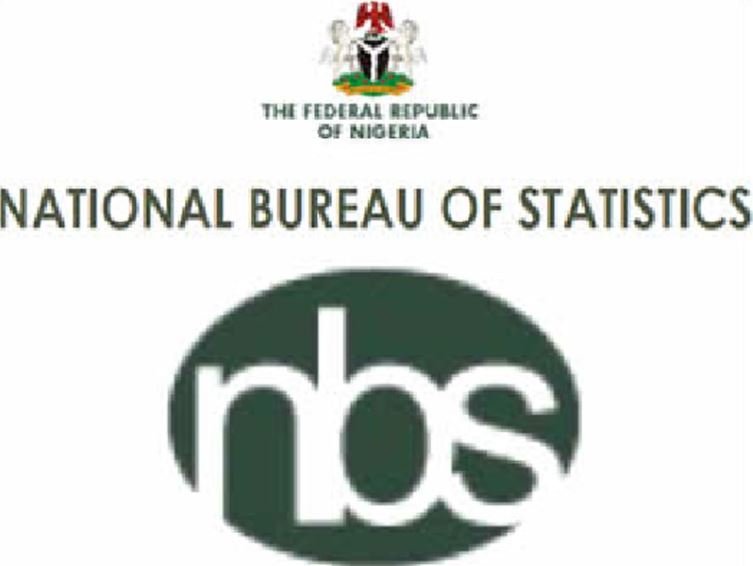By Samuel Jekeli
In the realm of statistics and economic indicators, numbers often hold the power to shape perceptions and policy decisions. However, when these numbers clash with the lived reality of a nation, the consequences are far-reaching, affecting not only economic trajectories but also the mental well-being of its citizens. Nigeria’s recently announced 4.1% unemployment rate by the National Bureau of Statistics is a case in point—a figure that many believe to be a lie that poses a significant threat to the mental health of Nigerians.
Nigeria’s unemployment rate of 4.1% seems to defy the palpable experience of countless Nigerians who are grappling with the harsh realities of joblessness. The announcement of this figure has been met with scepticism and disbelief from both experts and ordinary citizens alike. The glaring disparity between what official sources claim and what individuals encounter daily catalyzes a crisis that extends beyond economic parameters.
Joblessness isn’t merely a financial dilemma; it has far-reaching implications for mental health. The emotional toll of unemployment can be excruciating, leading to feelings of inadequacy, helplessness, and anxiety. When official figures downplay the extent of this crisis, it negates the experiences of those who are affected, thereby magnifying the mental health burden they carry.
Perception matters. When the statistics reported don’t resonate with the realities that people perceive, it erodes trust in institutions and governments. The discrepancy between data and personal experiences fosters a sense of disillusionment, creating a breeding ground for heightened anxiety and uncertainty about the future.
Announcing a low unemployment rate can exacerbate societal expectations and the pressure to succeed. Individuals facing the stark reality of joblessness can find themselves burdened by the dissonance between what’s reported and what’s felt. The unattainable pursuit of success in the face of such odds can lead to burnout, depression, and a profound sense of despair.

One’s job often plays a defining role in their identity. When employment is absent, individuals can experience a crisis of identity as they grapple with a loss of purpose and self-worth. This identity crisis can inflict lasting damage on mental well-being, as individuals struggle to find new sources of meaning and satisfaction.
Economic uncertainty, perpetuated by unreliable data, can create an environment of chronic stress. The constant worry about the availability of jobs and the state of the economy feeds into anxiety and despair. The mental health toll of economic instability becomes a shared experience across communities.
Addressing the mental health burden imposed by unreliable unemployment data is crucial for the well-being of Nigerians. Some suggestions that can help alleviate the crisis include; Transparent Reporting, Mental Health Support, Open Dialogue, Skill Development and Reskilling, Economic Safety Nets, Holistic Approach, and Resilience-Building Strategies.

A commitment to transparent reporting is paramount. Accurate figures, even if they reflect a more dire situation, are crucial for rebuilding trust in institutions and maintaining open lines of communication between the government and its citizens.
Investing in accessible mental health support is imperative. Counselling, therapy, and support groups tailored for individuals affected by unemployment can offer guidance and emotional solace.
Fostering open dialogue about the mental health struggles associated with unemployment is essential. Encouraging honest conversations reduces stigma and fosters a community of support where individuals can share their experiences.
Offering skill development and reskilling programs to enhance employability is necessary. These initiatives not only equip individuals for new opportunities but also instil a sense of purpose and achievement.
Implementation of social safety nets that provide economic support for the unemployed should also be considered. Financial assistance can alleviate immediate stress and contribute to overall well-being.
Collaboration across sectors is essential to develop holistic solutions. Engage governmental bodies, non-governmental organizations, and mental health professionals to create programs that provide comprehensive support.
Promotion of personal resilience-building strategies such as mindfulness practices, maintaining social connections, and seeking support from loved ones also helps
Nigeria’s 4.1% unemployment rate, deemed by many as a lie, goes beyond mere data—it’s a reality that threatens the mental health of its citizens. The discrepancy between what’s reported and what’s felt underscores the urgency to address this crisis on multiple fronts. By prioritizing transparency, mental health support, open dialogue, and comprehensive solutions, Nigeria can move toward healing not just its economy but also its people, safeguarding their mental well-being in the face of economic challenges. Ultimately, a nation’s progress is measured not only by its economic indicators but also by the welfare of its people—an interest that encompasses both their financial security and their mental health.
- Samuel Jekeli writes from Centre for Social Justice











